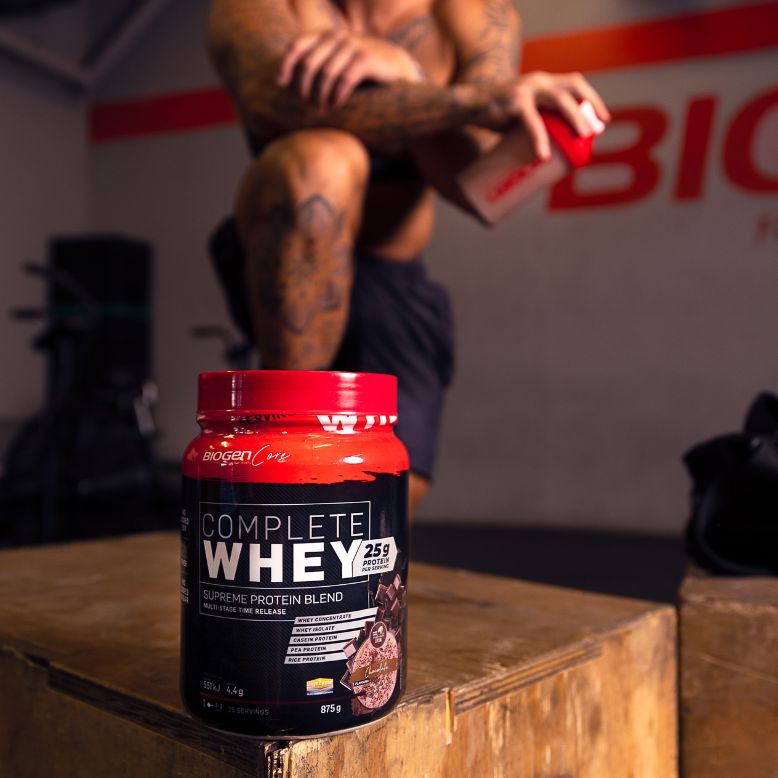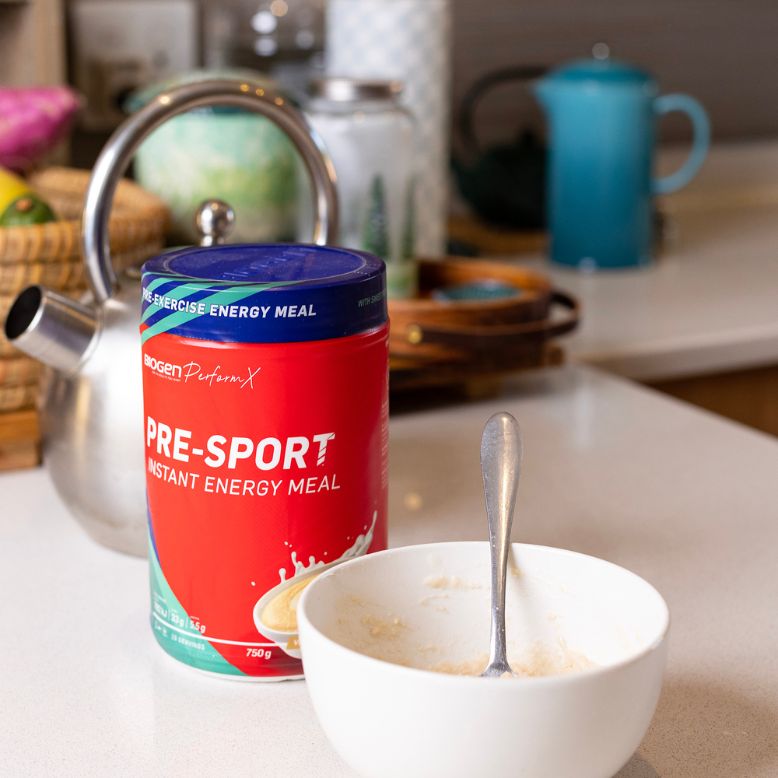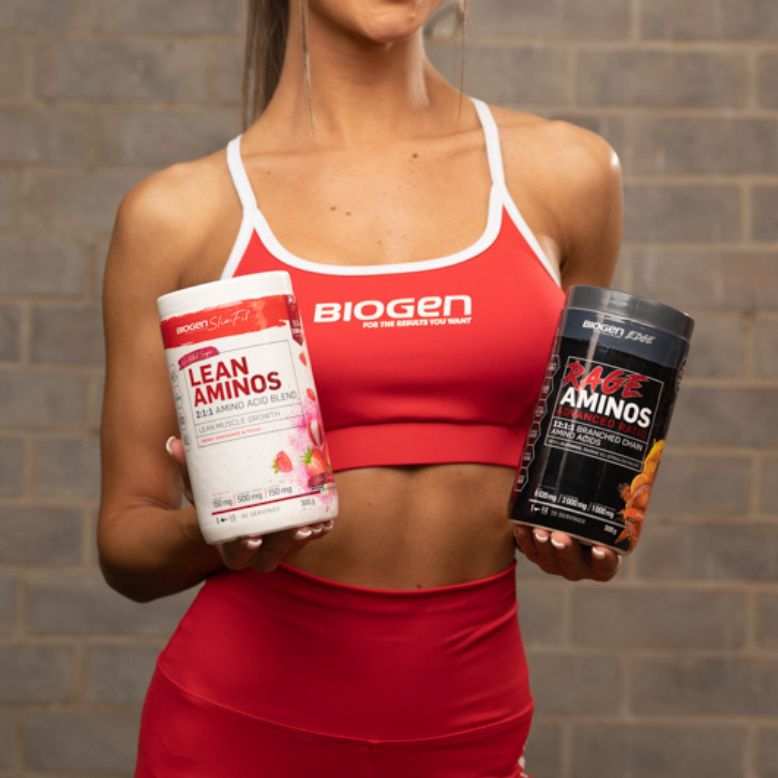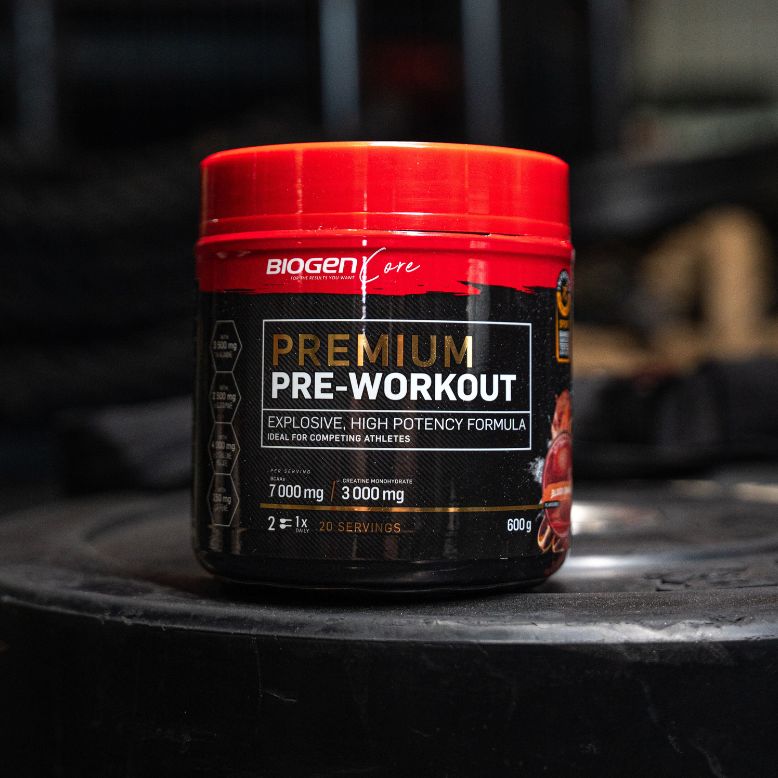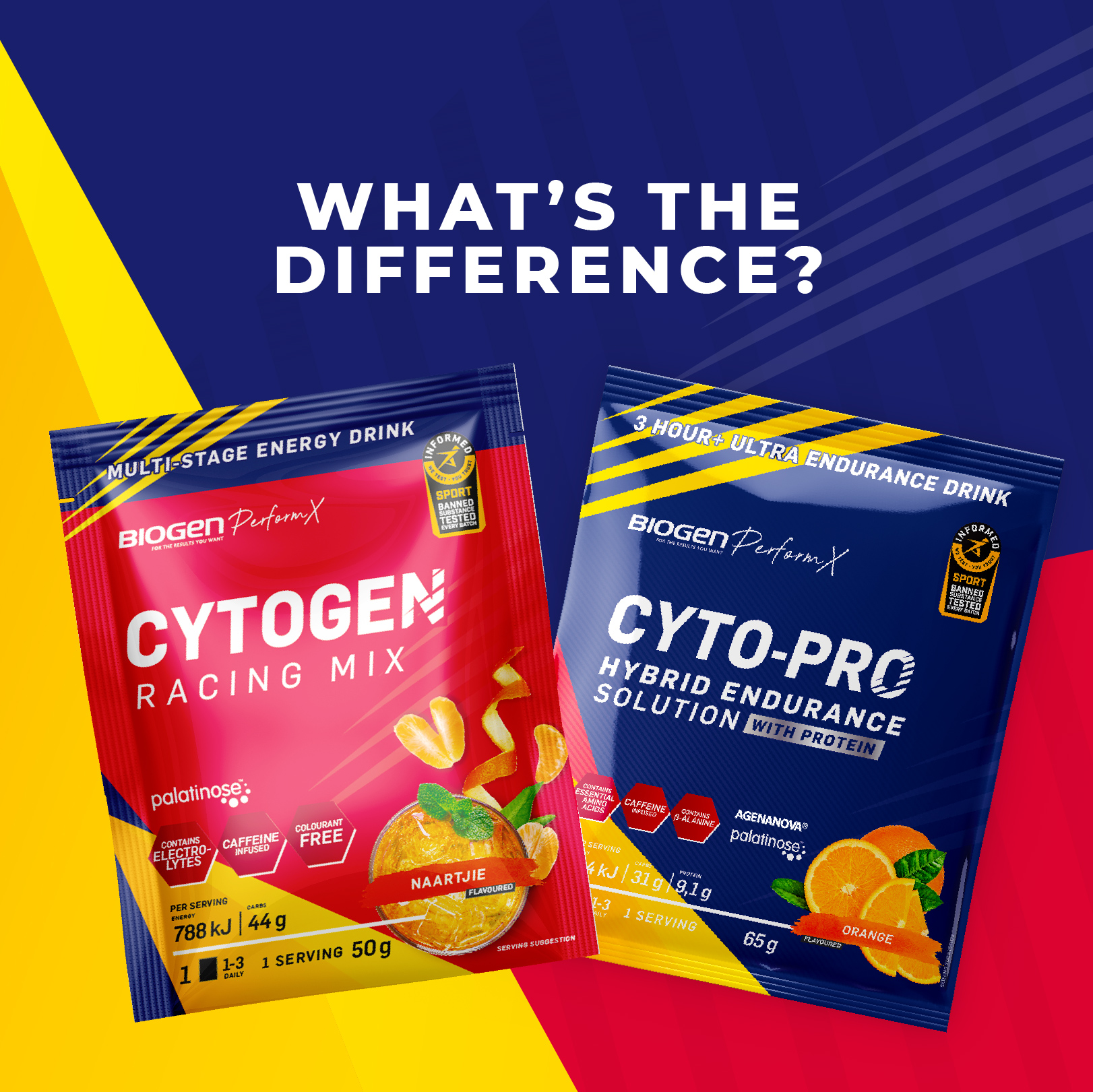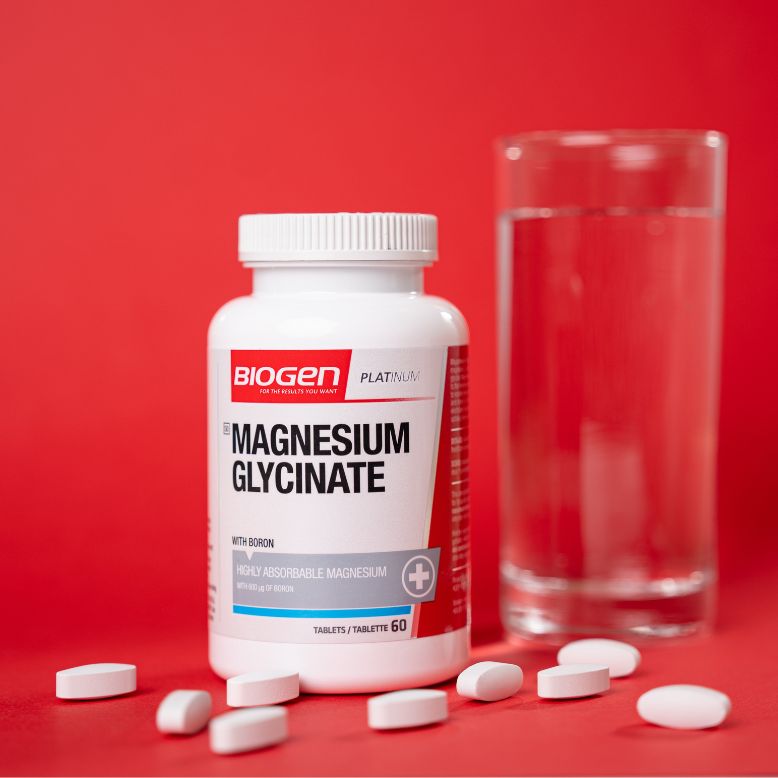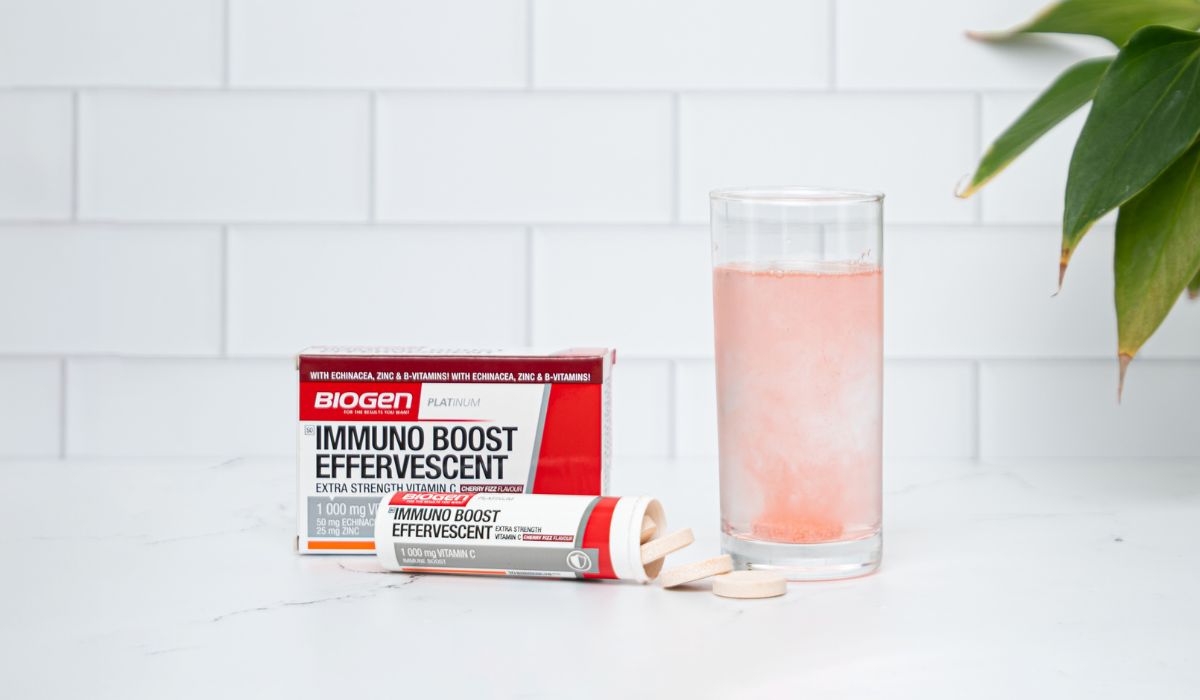
Optimal nutrition is the cornerstone of preventative health, a concept built on the ethos that prevention is better than cure.
A preventative approach focuses on keeping you healthy, rather than treating an illness when it takes hold. In the context of seasonal sniffles, this means taking steps to boost your immune system – your body’s natural defence against germs.
Food fuels your immune system
While not a guarantee against getting sick, with the winter cold and flu season looming, now is the time to support our immune systems with optimal nutrition built on a solid foundation of a wholesome nutrient-dense diet and a comprehensive supplement plan for added support.
A nutrient-dense diet that consists predominantly of natural foods provides a range of beneficial substances such as phytonutrients, vitamins, minerals, fatty acids, fibre and antioxidants, which our body requires to produce immune cells and support other important immune system functions.
Up the nutritional ante
While a healthful and wholesome diet should provide most of these nutrients, we can sometimes experience shortfalls or deficiencies, or may require extra vitamins and minerals beyond levels that our diet can adequately provide, especially as nutritional demands can rise when our body is fighting off an infection.
Thankfully, supplement manufacturers have taken the complexity out of immune support. Comprehensive complexes that combine various vitamins and minerals proven to support immune system health and function offer a convenient and effective means to meet your nutritional demands, especially during cold and flu season.
For example, Biogen’s Immuno Boost Effervescent with Extra Strength Vitamin C (1000 mg) contains various ingredients that can strengthen and support the immune system.
Biogen Immuno Boost Effervescent
Biogen Immuno Boost Effervescent is formulated with echinacea to boost immunity and vitamin C, B-vitamins and zinc to provide additional essential nutrients needed to maintain good health and contribute to normal immune system function.
These ingredients support a strong immune system in the following ways:
A holistic winter wellness approach
While a nutritious diet that support sufficient nutrients is a cornerstone of winter wellness, a holistic approach is key. Additional preventative measures you should take include:
- Prioritise sleep: Aim for 7-8 hours of quality sleep each night to support immune system repair and function.
- Manage stress: Chronic stress can weaken your immune system. Consider relaxation techniques like yoga or meditation.
- Wash your hands frequently: This simple act is one of the best ways to prevent the spread of germs.
- Exercise: Regular exercise improves health and supports your immune system by creating greater resilience.
- Stay hydrated: Drinking sufficient water keeps your mucous membranes moist, which can act as a barrier against viruses.
Taking steps now to fortify your body will give you the best chance to sidestep those sniffles and stay healthy through winter.
So stock up on colourful fruits and veggies, prioritise rest, get some exercise and wash those hands! You can also download the FREE Biogen Immunity Toolkit for additional tips, guidelines and helpful information to make winter wellness part of your daily routine.
Always consult your doctor for the most appropriate individualised advice, or speak to a Dis-Chem pharmacist for more information about suitable off-the-shelf and over-the-counter products.
References:
- Shah SA, Sander S, White CM, Rinaldi M, Coleman CI. Evaluation of echinacea for the prevention and treatment of the common cold: a meta-analysis. Lancet Infect Dis. 2007 Jul;7(7):473-80. doi: 10.1016/S1473-3099(07)70160-3. Erratum in: Lancet Infect Dis. 2007 Sep;7(9):580. PMID: 17597571; PMCID: PMC7106401.
- Bucher A, White N. Vitamin C in the Prevention and Treatment of the Common Cold. Am J Lifestyle Med. 2016 Feb 9;10(3):181-183. doi: 10.1177/1559827616629092. PMID: 30202272; PMCID: PMC6124957.
- Prasad AS. Zinc in human health: effect of zinc on immune cells. Mol Med. 2008 May-Jun;14(5-6):353-7. doi: 10.2119/2008-00033.Prasad. PMID: 18385818; PMCID: PMC2277319.
- He W, Hu S, Du X, Wen Q, Zhong XP, Zhou X, Zhou C, Xiong W, Gao Y, Zhang S, Wang R, Yang J, Ma L. Vitamin B5 Reduces Bacterial Growth via Regulating Innate Immunity and Adaptive Immunity in Mice Infected with Mycobacterium tuberculosis. Front Immunol. 2018 Feb 26;9:365. doi: 10.3389/fimmu.2018.00365. PMID: 29535733; PMCID: PMC5834509


